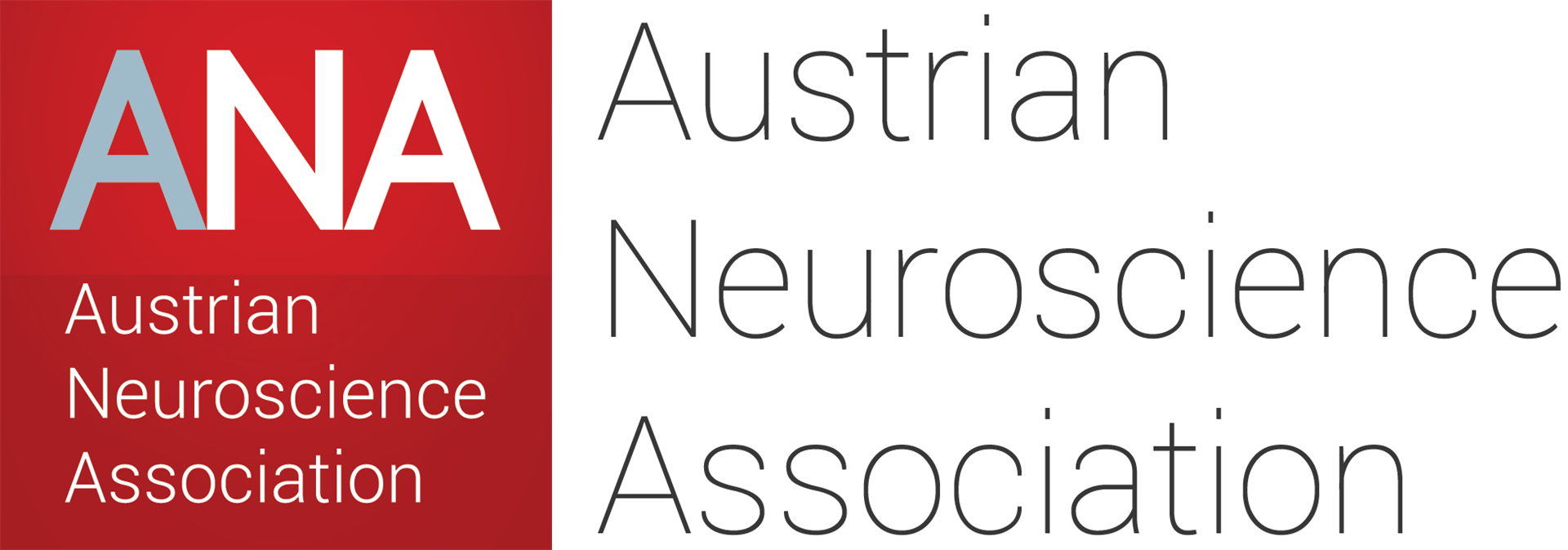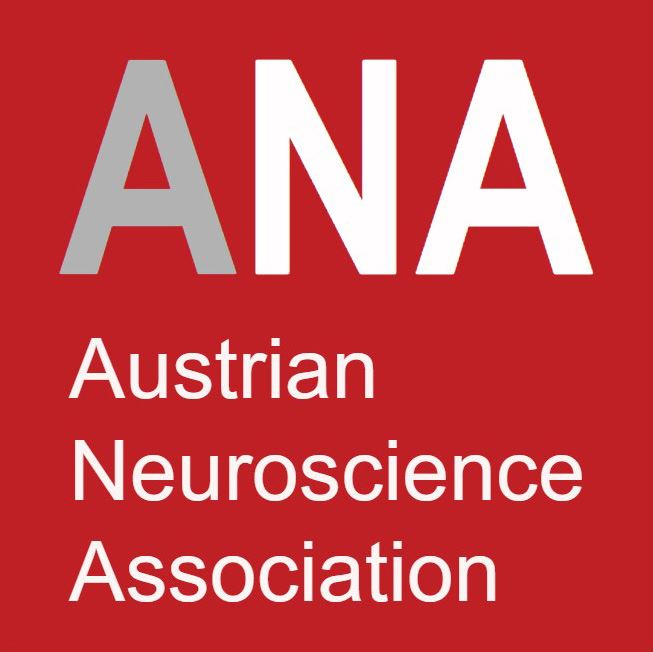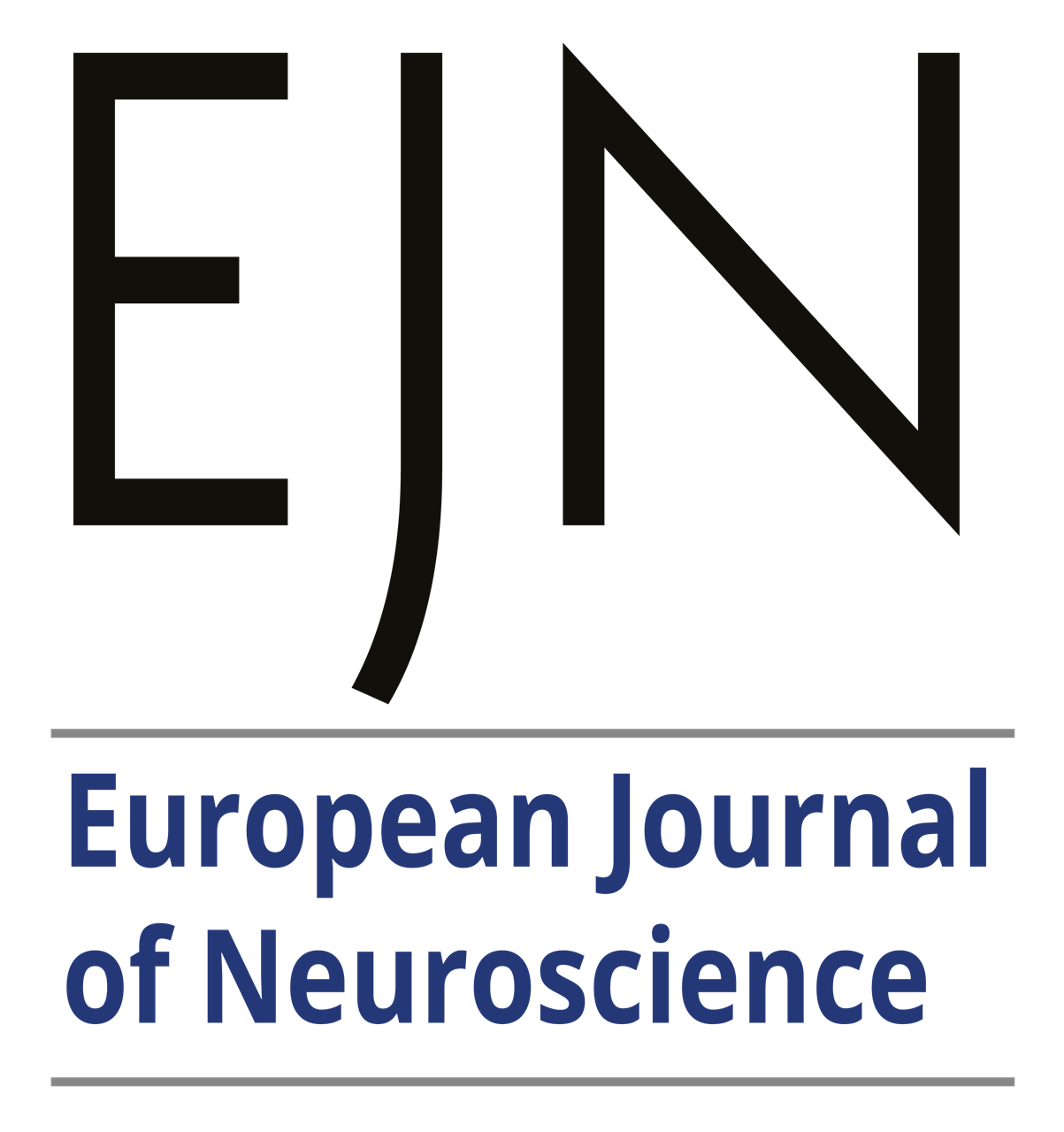FENS Forum 2024
Satellite event: Home cage behavior monitoring at the interface of animal welfare and neuroscience
- Home
- FENS2024-home-cage-behavior-monitoring
Description Home cage behavior monitoring allows for undisrupted observation of experimental animals in their familiar surroundings. The non-performance based, unbiased method of continuous monitoring of the animals´ spontaneous behavior allows unprecedented insights into behavioral displays as direct output of brain function. This satellite event on "Home Cage Behavior Monitoring at the Interface of Animal Welfare and Neuroscience" is conceived as platform for interdisciplinary discourse, focused on the convergence of animal welfare and neuroscience. Our initiative is motivated by a paradigm shift in animal research, highlighting the importance of ethical considerations and the refinement of experimental methodologies for in-vivo studies and increasing knowledge on their importance for experimental variability and data reproducibility. The event addresses these critical concerns by showcasing state-of-the-art technologies and methodologies for non-invasive, continuous monitoring of animals in their home cages that promote both scientific rigor and ethical animal treatment. We will host scientific talks, posters and a round-table discussion including leading industry representatives. Preliminary Program 9:00: Welcome and introduction
9:10 – 10:30: Scientific talks
10:30 – 11:15: Coffee break and poster viewing
11:15 – 12:00: Round-table discussion
12:00: Closing remarks and lunch on-site
Date: 24/06/2024 Time: 9 am - 1 pm Venue: Research Institute of Molecular Pathology, Seminar Room 1.014/16 Campus- Vienna Biocenter 1, 1030 Vienna Speakers Fabrizio Scorrano: “From Data to Drugs: The Role of Digital Biomarkers” Fabrizio Scorrano received his degree in Veterinary Medicine from the University of Bologna in 2010 and his PhD in Animal Physiology from the University of Bologna in 2013. He completed the residency of the European College of Laboratory Animal Medicine and received a master's degree in Welfare and Science of Laboratory Animals from the Autonomous University of Barcelona. In 2015, he joined Novartis Pharma AG and currently serves as the Head of Global Emerging Technologies and as the attending veterinarian. He assists scientists in implementing digital home-cage monitoring solutions and digital biomarkers in their current models to accelerate scientific discovery while enhancing animal wellbeing and data quality. Katharina Tillmann: “Automated detection of behavioral stereotypies using the DVC® system to enhance animal welfare and improve research outputs” Katharina Tillmann, DVM, started her career as an animal keeper and mouse technician, next to her studies of veterinary medicine. Her diploma thesis concerned the comparison of permanent vs. intermitted trio mating of C57BL/6J mice regarding influences on animal welfare at the Institute of Animal Welfare and Animal Husbandry at the Veterinary University of Vienna where she also conducted her dissertation related to animal welfare requirements of floor types in laboratory rabbit husbandry, while working as a designated veterinarian at the Center for Biomedical Research at the Medical University of Vienna. Since 2020. Currently she is a Post-Doc in the Lab of Daniela Pollak where she investigates laboratory animal behavior as a response to different environmental condition, especially housing systems and environmental enrichment, also in the context of mouse models of psychiatric disorders. Sabine Hoelter-Koch: “The need for longitudinal measurements in group-housed animals”. Sabine Hölter, PhD is a trained neuroscientist heading the Behavioural Unit at the German Mouse Clinic at Helmholtz Munich, and lecturer at Technical University Munich. Her research focuses on the translational relevance of genetic mouse models for neurodevelopmental, neurodegenerative and rare diseases. Currently she serves as chair of the IMPC Behaviour & Sensory Workgroup and of the ECNP Preclinical Data Forum Network, as Science Communication Coordinator of COST Action CA20135, and as member of the EBRAINS Science & Technology Committee. Vincenzo Micale: “Role of the nociceptin/orphanin FQ (N/OFQ) signaling in the emotional behaviors.” Vincenzo Micale, MD PhD, is currently Associate Professor of Pharmacology at the University of Catania, Italy. After completing his PhD in Neuropharmacology at the University of Catania. He joined the Max-Planck Institute of Psychiatry, Münich, Germany as postdoctoral Researcher, (2007-12). His current focus of research lies in the field of behavioral pharmacology where he centers on animal models of stress-related disorders, antidepressants, anxiolytics and antipsychotics. He also works on animal models of cognitive deficits, including Alzheimer´s disease and animal models of schizophrenia. Event Registration
|



